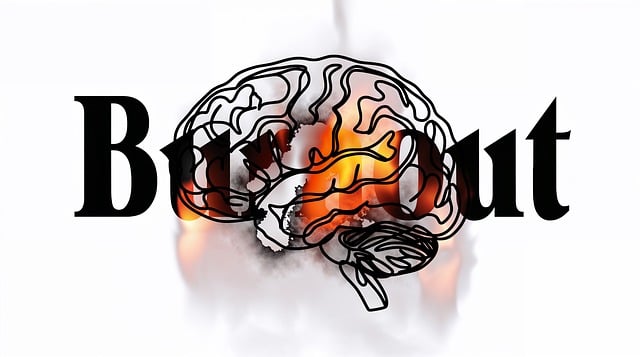Crisis Intervention Teams (CITS), trained through programs like Arvada Phobias Therapy, provide swift, critical support during mental health emergencies and traumatic events. Their skills include de-escalation, active listening, empathy fostering, and recognizing/assessing phobias. Effective CIT training equips professionals with theoretical knowledge and practical skills, including role-play scenarios, to handle real-life crises confidently. Arvada Phobias Therapy offers a specialized CIT program integrating powerful techniques for addressing specific fears and phobias, enhancing crisis support with empathy and professionalism.
Crisis Intervention Team (CIT) training programs play a vital role in equipping communities with essential tools to navigate mental health crises. This article explores the fundamental aspects of CITs, their profound impact on public safety and well-being, and the key components of effective training. We delve into innovative approaches, such as Arvada Phobias Therapy’s specialized techniques, which enhance traditional CIT training. By integrating these methods, we can foster more skilled and resilient crisis intervention teams.
- Understanding Crisis Intervention Teams: Their Role and Impact
- Components of Effective Training Programs for CITs
- Arvada Phobias Therapy: Integrating Specialised Techniques into CIT Training
Understanding Crisis Intervention Teams: Their Role and Impact

Crisis Intervention Teams (CITS) are specialized groups of professionals dedicated to providing immediate and effective support during times of crisis. These teams play a pivotal role in helping individuals navigate through intense emotional distress, mental health emergencies, or traumatic events. By swiftly deploying trained personnel, CITS offer a safety net, ensuring that those in need receive compassionate care and guidance.
The impact of CITs extends far beyond the immediate intervention. Regular training programs, such as those offered by Arvada Phobias Therapy, equip team members with valuable skills in de-escalation techniques, active listening, and empathy fostering. This enables them to build trust and connect with individuals facing crises, including those struggling with phobias, anxiety disorders, or post-traumatic stress. Through compassion cultivation practices and self-esteem improvement exercises, CIT members not only enhance their ability to support others but also contribute to positive transformations in their own lives, fostering a culture of resilience and emotional well-being within the community.
Components of Effective Training Programs for CITs

Effective crisis intervention team (CIT) training programs are multifaceted, encompassing a range of components essential for equipping individuals to provide timely and effective support during crises. These programs should delve into both theoretical knowledge and practical skills, ensuring participants gain a comprehensive understanding of various aspects of mental health and trauma support services.
Key elements include education on recognizing and assessing phobias, anxiety relief techniques, and mood management strategies, as these are common issues that CIT members may encounter. Training should also focus on communication skills, de-escalation techniques, and crisis intervention models, enabling participants to effectively interact with individuals in distress and facilitate a calm, safe environment. Moreover, role-play scenarios and supervised practice sessions are vital for building confidence and ensuring professionals are well-prepared to handle real-life crisis situations, offering Anxiety Relief and Trauma Support Services as needed.
Arvada Phobias Therapy: Integrating Specialised Techniques into CIT Training

Arvada Phobias Therapy offers a unique and specialized approach to Crisis Intervention Team (CIT) training, integrating powerful techniques to address specific fears and phobias. This tailored program enhances the ability of team members to provide effective support during critical situations. By incorporating Arvada’s expertise in phobia therapy, CIT trainees gain insights into managing anxiety-related crises, utilizing Mind Over Matter principles to foster self-awareness and resilience.
The training focuses on practical skills, including Self-Awareness Exercises, enabling team members to recognize their own triggers and emotional responses. This self-reflection is crucial for effectively guiding individuals experiencing intense anxiety or phobic reactions. Through case studies and role-play scenarios, participants learn specialized interventions tailored to different types of phobias, ensuring they are well-equipped to handle a diverse range of crisis situations with empathy and professionalism.
Crisis intervention team (CIT) training programs play a pivotal role in equipping professionals with the skills to navigate and de-escalate critical situations. By integrating specialized techniques, such as those offered by Arvada Phobias Therapy, these programs enhance the impact of CITs. Effective training ensures teams are well-prepared to handle diverse crises, ultimately fostering safer and more supportive environments. This comprehensive approach to CIT education is a step towards revolutionizing crisis management in various settings.














